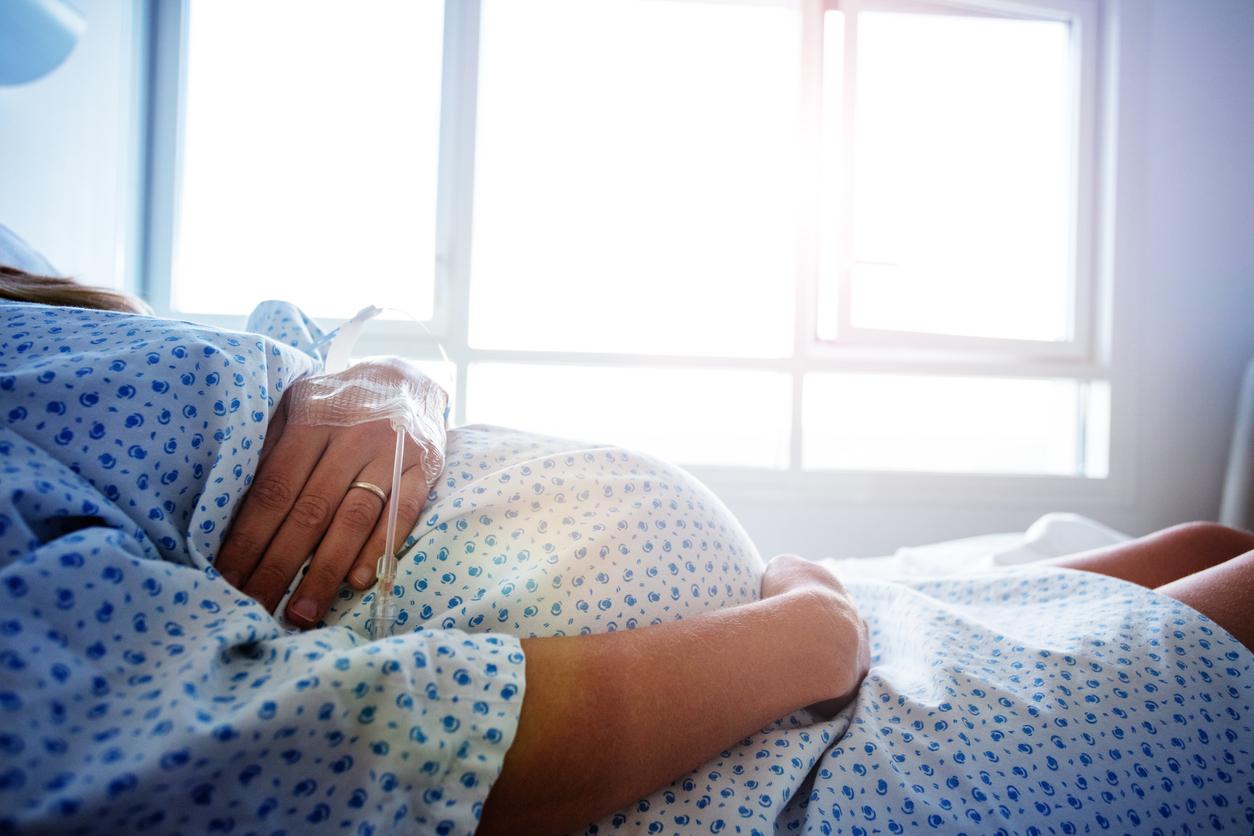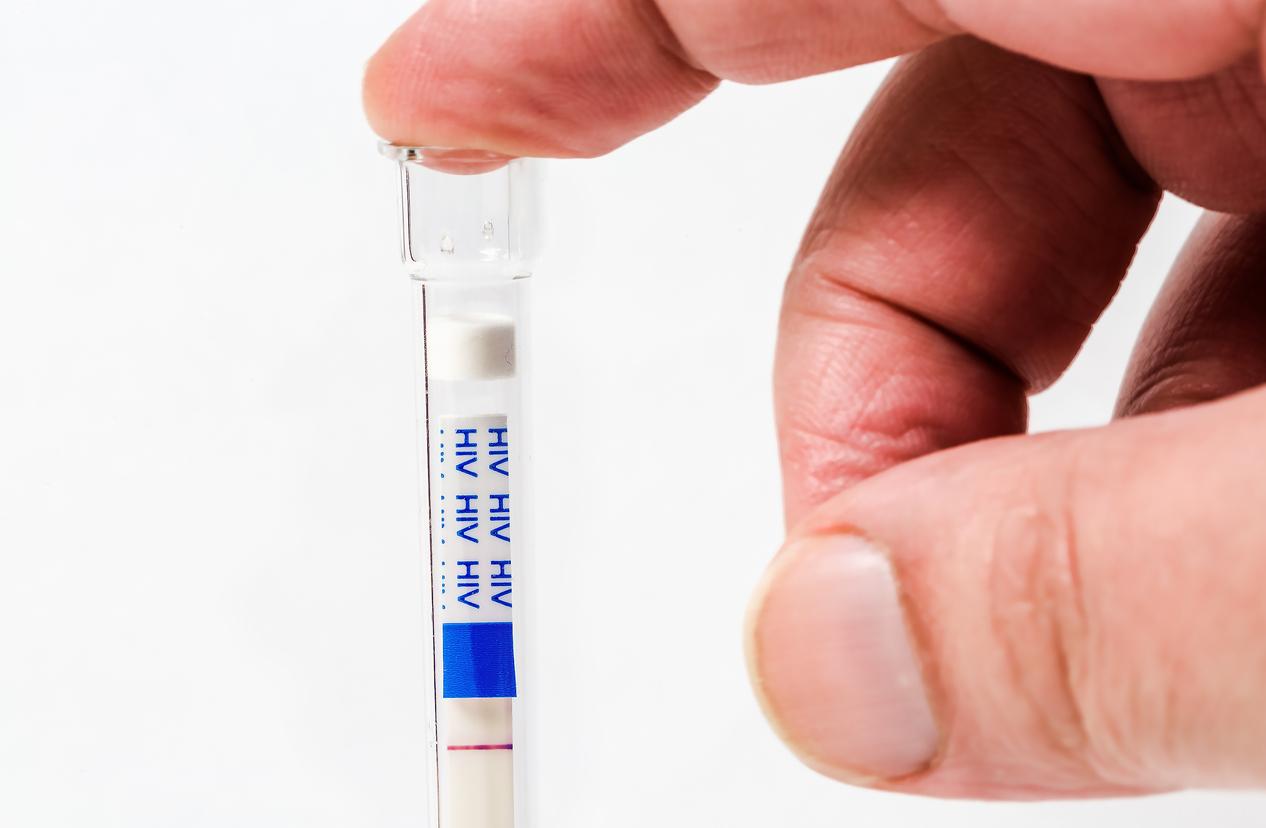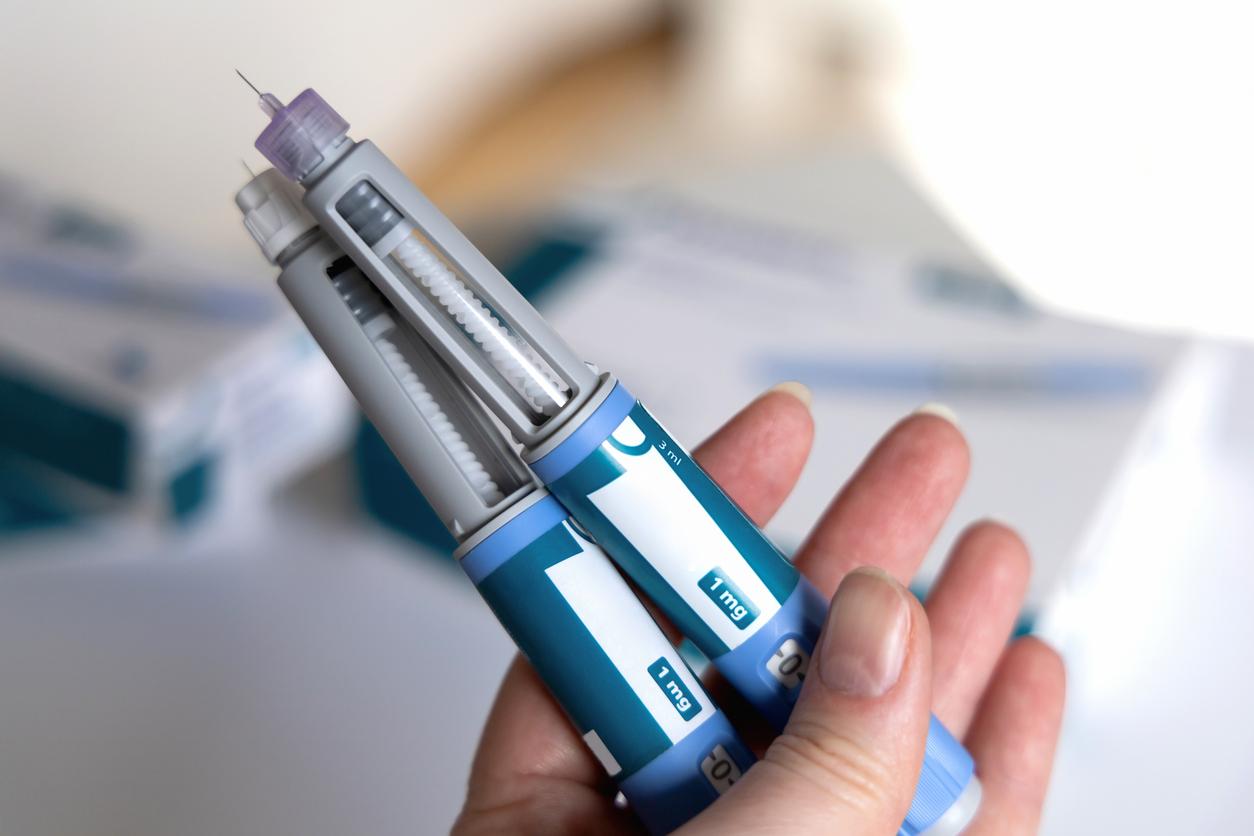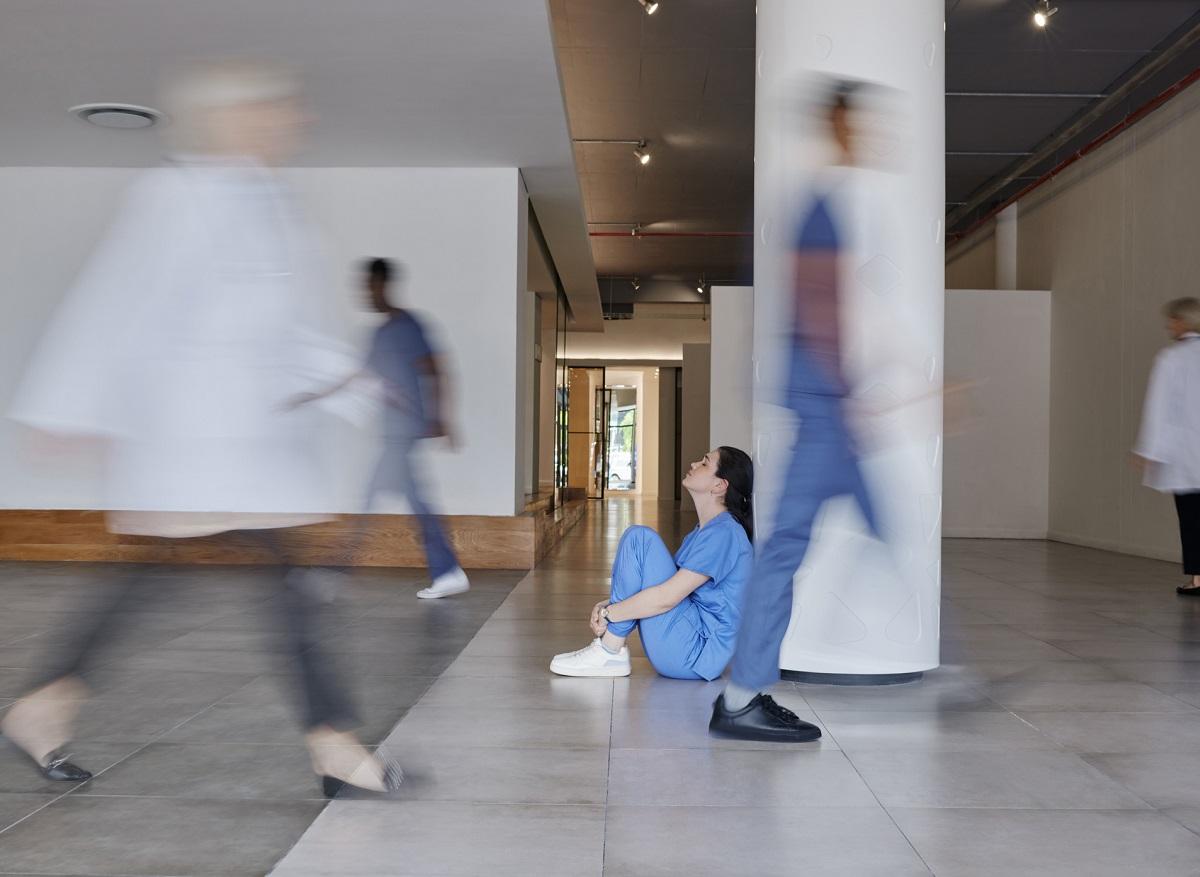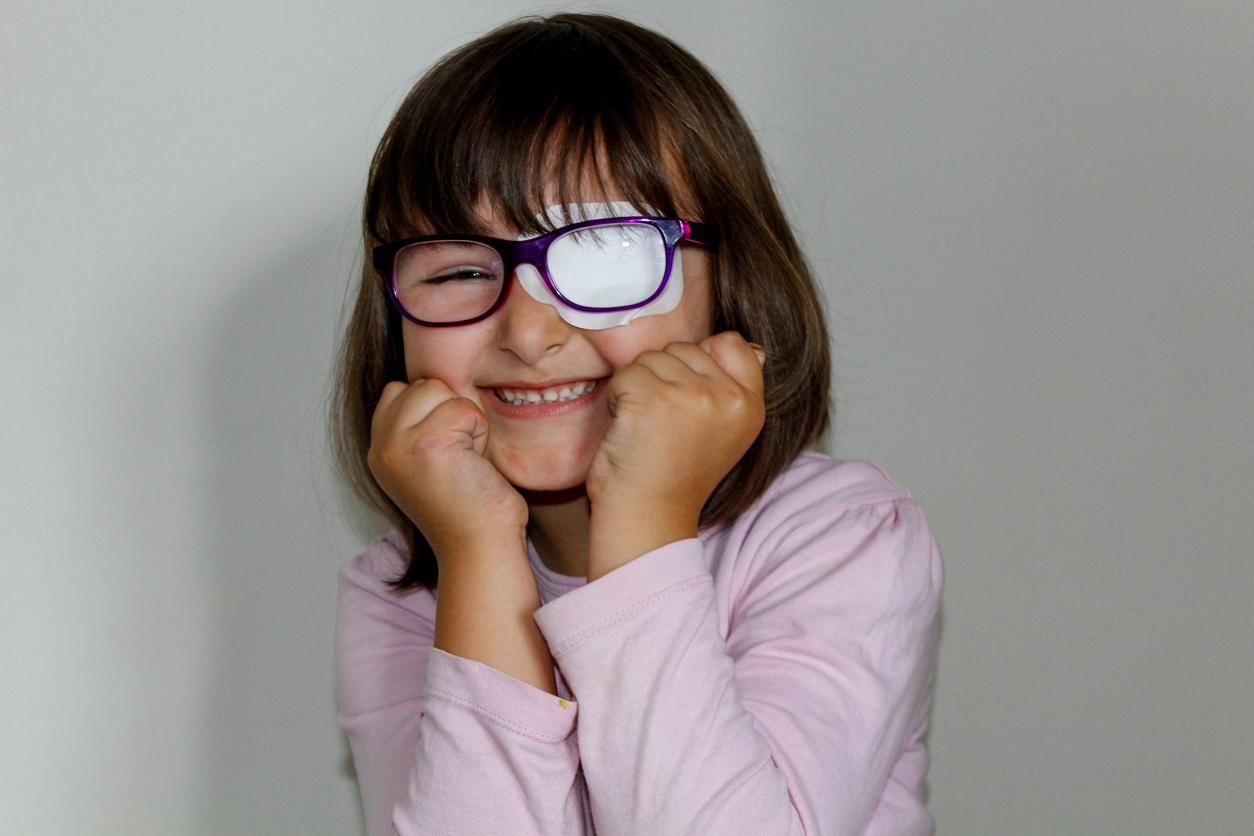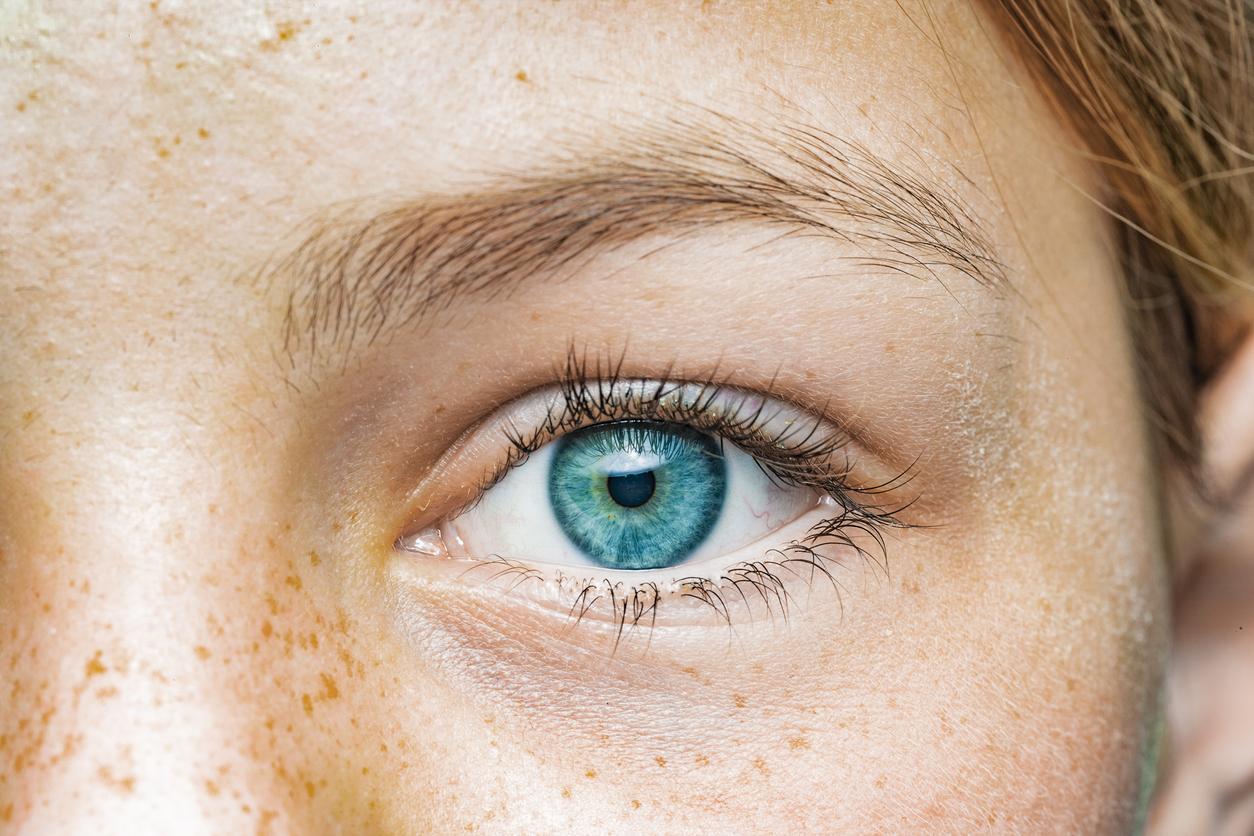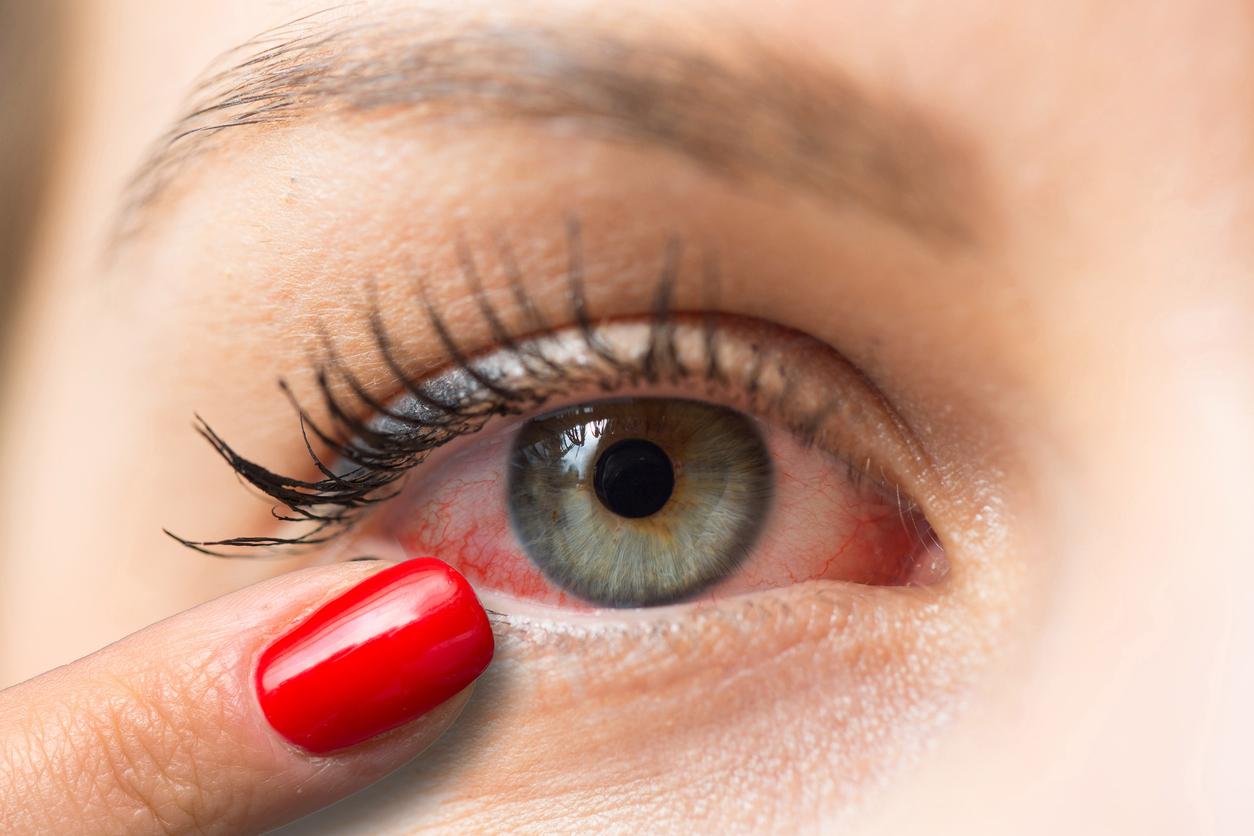An experiment was set up in the intensive care unit of the University Hospital of Tours. Volunteer intubated patients were equipped with eye tracking to observe whether this system could improve communication between patients and nursing staff.
Patients followed in intensive care are most often intubated and deprived of speech. Lack of communication between patients and caregivers can create stress, frustration and increase post-traumatic stress disorder and make the hospital stay even more complicated. A situation that also generates a feeling of helplessness among caregivers. To improve dialogue in this service, the Tours University Hospital has set up the Eye tracking system.
Inspired by her psychiatrist colleague specializing in the study of behavior in autism pathologies, a general-purpose intensive care practitioner, tries to adapt this visual control material for intensive care patients.
In spring 2015, the first patient volunteers tested the equipment, the ergonomics and functions of which were quickly modified to be made more relevant and practical.
“Eye tracking or oculometry (ocular control) is a technique based on the measurement of the pupil and corneal reflections in an infrared light field. It is the use of the gaze to control / activate / validate a function as per example clicking on a pictogram, moving the mouse around “, explains the Tours University Hospital in a press release.
The conclusions of the experiment seem satisfactory. “Thanks to this device, a dialogue is established between patients and caregivers – however tenuous, the exchange is beneficial, for the hospitalized as well as for the team”.
“The eye tracking system responds in an innovative way to the need for reciprocal understanding between patients and caregivers. This is why this initiative was unanimously adopted by the board of directors of the MACSF Foundation, which funded the ‘acquisition of 7 tablets’ comments its Managing Director, Yves Cottret, in the Tours University Hospital press release.
Read also:
Hospital: one in 10 sufferers of an adverse event
American hospital offers laughter therapy
Post-traumatic stress: families of people in intensive care affected




